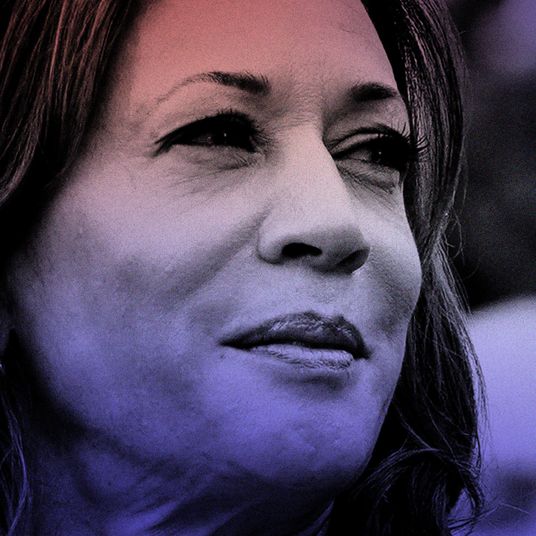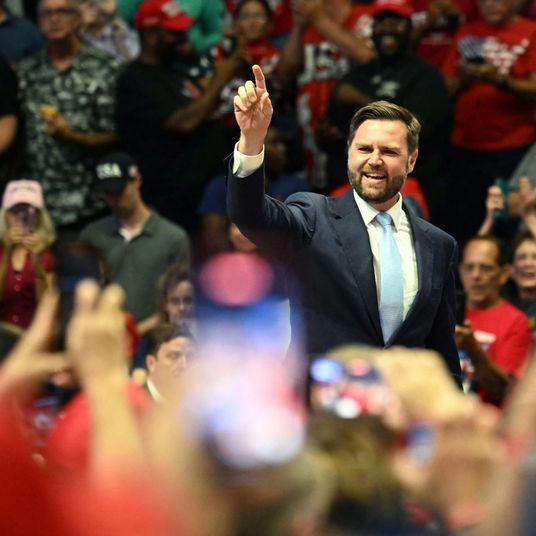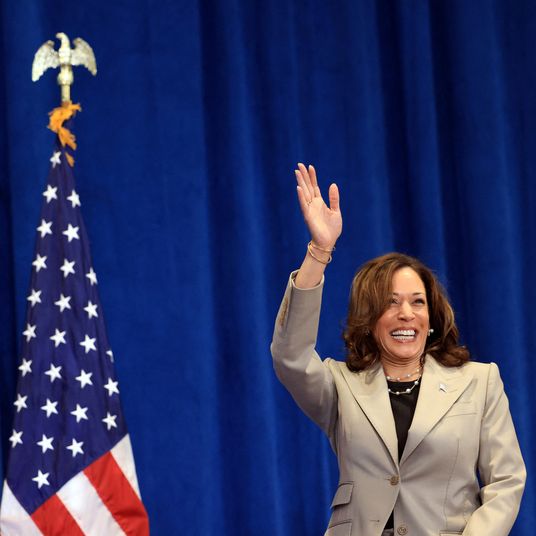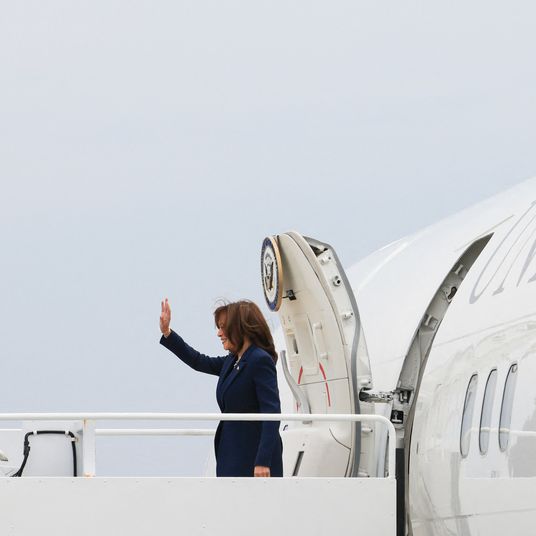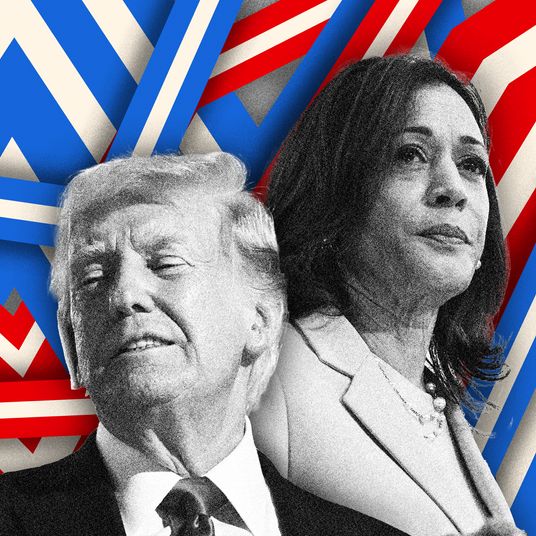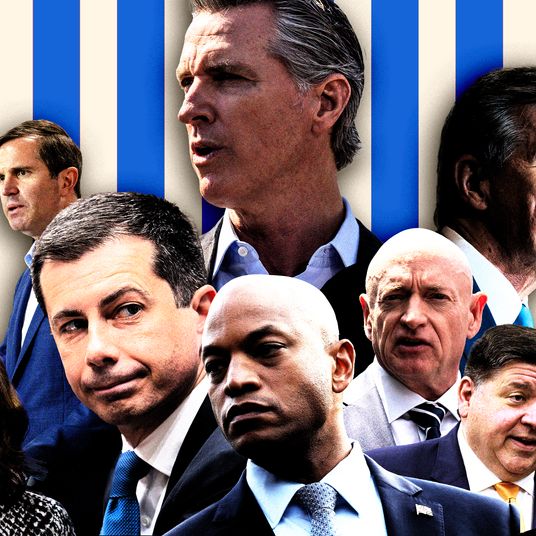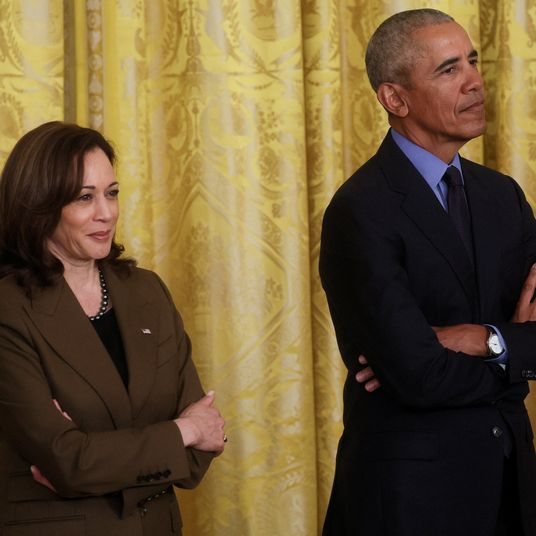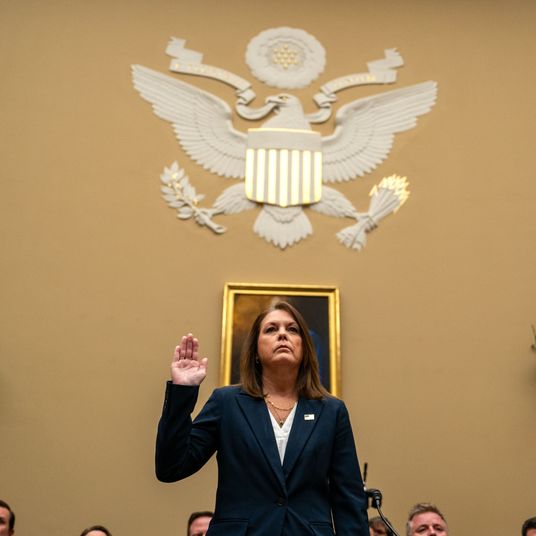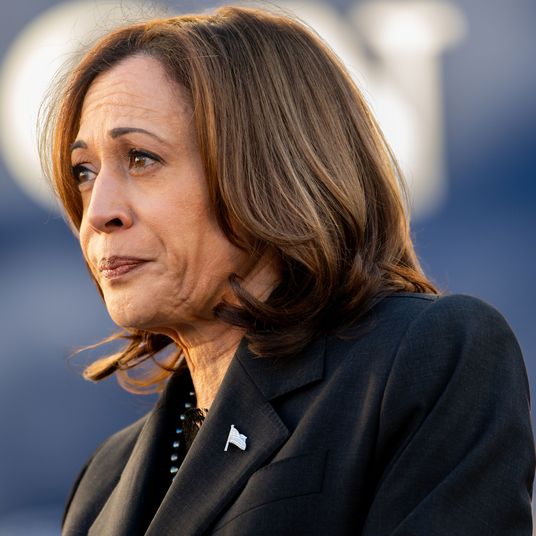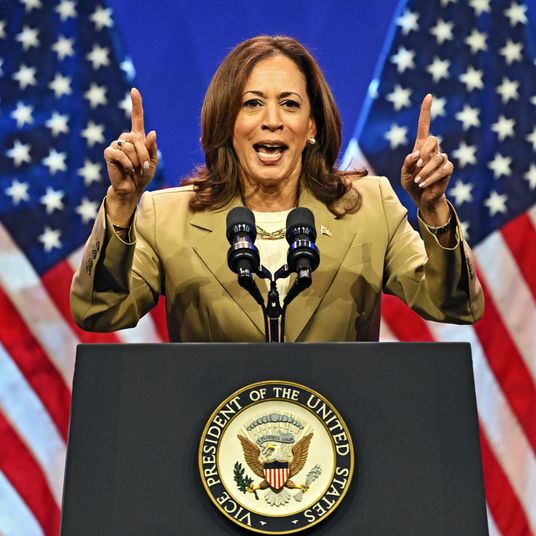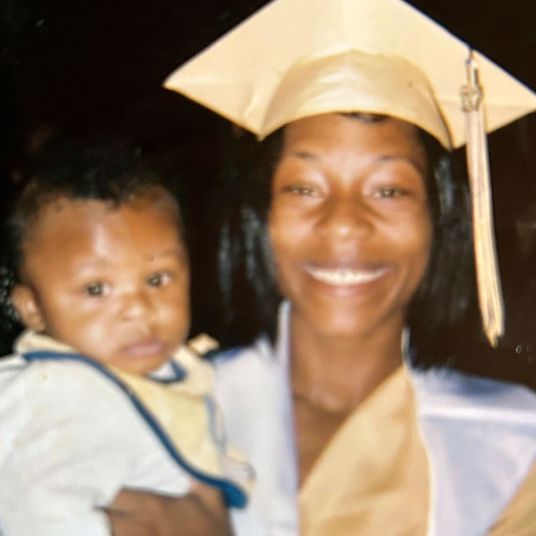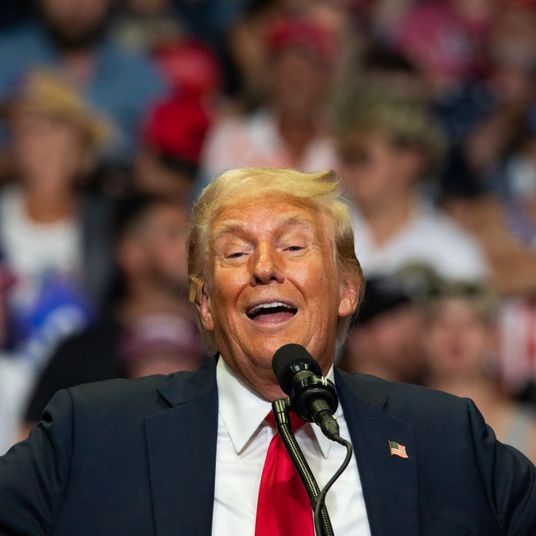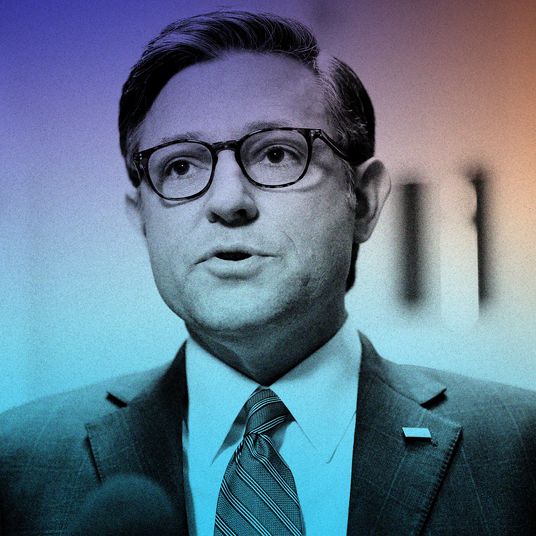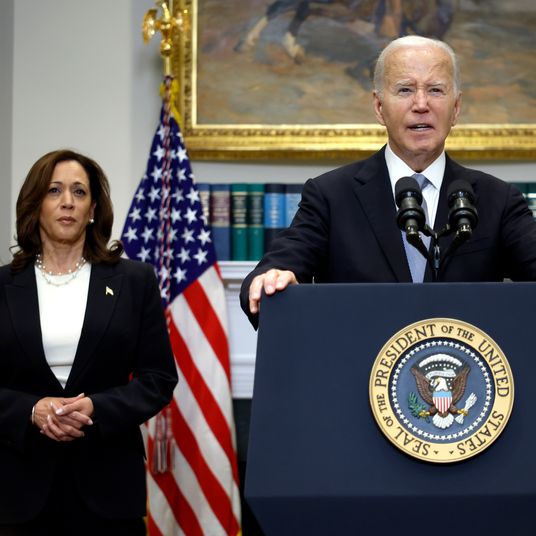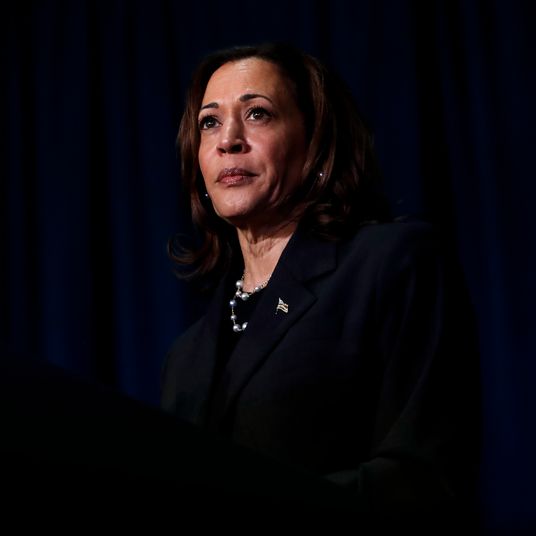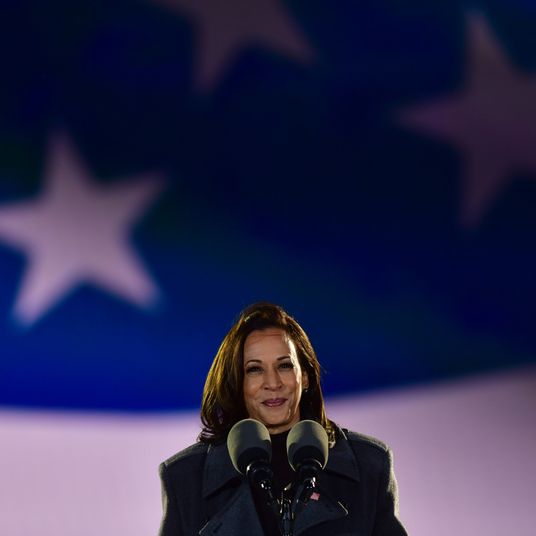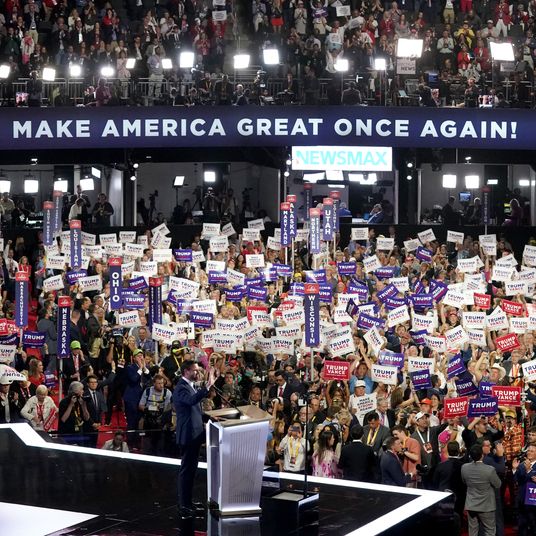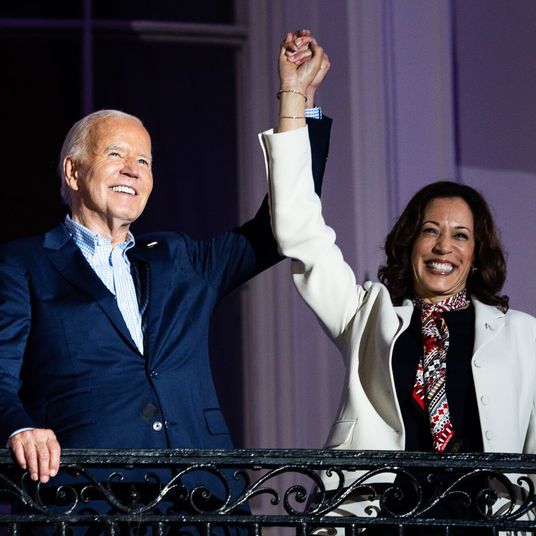
Senator Joe Manchin wants progressives to make a choice. According to Axios, Manchin believes they “need to pick just one of President Biden’s three signature policies” so he’ll sign on to the Build Back Better Act. Paid family medical leave, the expanded child tax credit, child-care subsidies — choose one, Manchin (allegedly) says, and forget the others. Behind this cold-blooded political calculus there are real families. Manchin is worried about them in his own way. “I’ve been very clear when it comes to who we are as a society, who we are as a nation,” he said on Wednesday. “I don’t believe that we should turn our society into an entitlement society. I think we should still be a compassionate, rewarding society.”
Manchin was responding to Senator Bernie Sanders, a key architect of the bill, who’d organized a press conference urging the West Virginia Democrat and Senator Kyrsten Sinema of Arizona to explain precisely what they dislike about it. That Manchin, a conservative Democrat, and Sanders, a democratic socialist, have little in common ideologically is hardly news. With his rhetoric, however, Manchin did more than distinguish himself from Sanders. He helped distill the debate over the Build Back Better Act into its most basic essence.
The BBBA is, by the standards of American legislation, a sweeping act of social policy. It would significantly ease burdens on American families, for whom access to child care and paid leave have always depended largely on socioeconomic status. Wealthy parents have always been able to afford child care, and the other attendant costs of child-rearing are of no great concern to them. We already live in an entitlement society, and the beneficiaries prosper. Manchin’s own relatives can perhaps testify to this. The senator’s daughter, Heather Bresch, was until recently the CEO of Mylan, and as the Washington Post reported in 2016, her “career has risen along with her father’s, a fact that has not gone unnoticed by her critics.” In 2007, while Manchin was governor of West Virginia and Bresch had just been named the chief operating officer of Mylan, the Pittsburgh Post-Gazette found that she hadn’t earned an MBA from West Virginia University as she’d claimed. “The school, through its own investigation, found Bresch had been given grades ‘pulled from thin air’ because of her ‘high profile,’” the Post rehashed.
What did Bresch do with her position? She helped orchestrate a massive increase in the cost of the EpiPen, which contains medicine that people with severe allergies need to stay alive. Manchin himself proved luckier than the average EpiPen consumer. “Before it became Viatris, Mylan was one of the largest campaign contributors to Manchin’s campaigns in five election cycles, donating around $211,000 to his campaigns since 2009 through PACs and employees,” Open Secrets reported last month. This isn’t welfare, which is what Manchin likely meant when he used the phrase “entitlement society.” But it shows entitlement of another kind. The affairs of the Manchins provide a useful glimpse into the way American society tends to work for the households who lord over it.
And so, from such lofty heights, Manchin worries that the American family will get used to affordable child care. That they will feel entitled to services they otherwise could not afford. Maybe to a wealthy man, the expansion of the social safety net looks like a threat to his position, a leveling out that empowers the common man and undermines him as the king of Capitol Hill. They might feel entitled to more than child care. They might want better health care, too. A better life, which requires the kind of public spending that keeps the Democrat awake at night. The Build Back Better Act won’t create an entitlement society. It’ll even things out. And that, it seems, is what Manchin truly fears.







